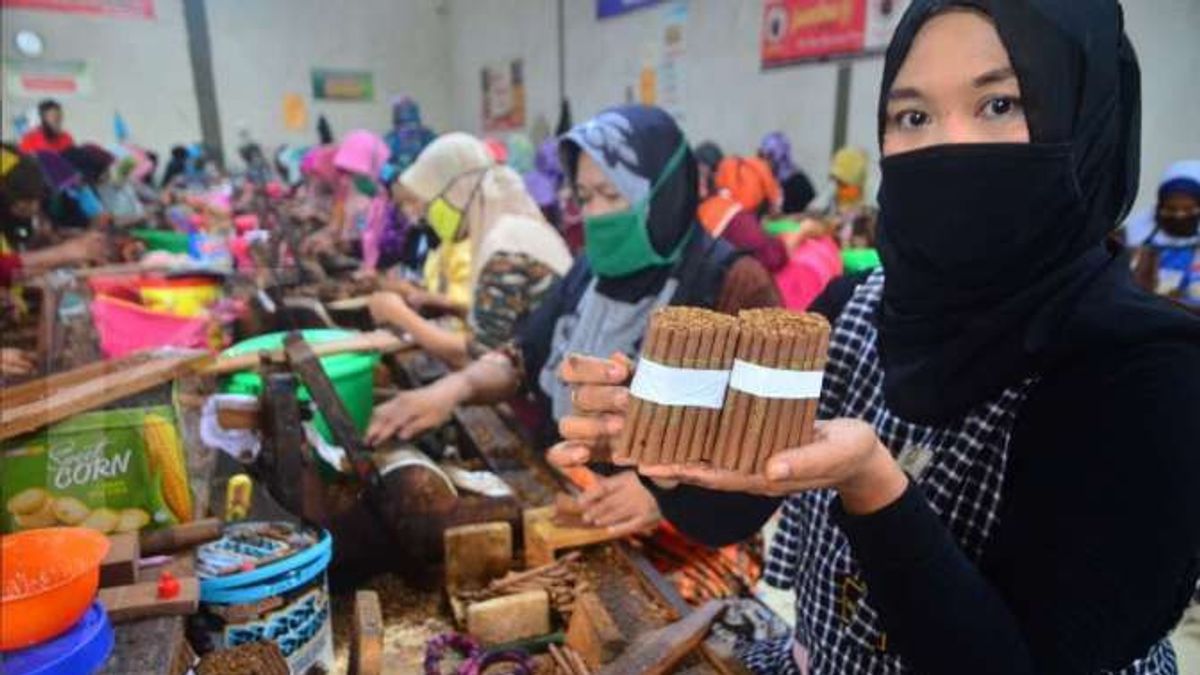JAKARTA - The lecturer who is also a researcher at the Center for the Study of Economic Policy, Universitas Brawijaya Malang, Imaninar supports the government's plan to expand the scope of the types of goods and services subject to tax (tax base).
According to him, this effort could be a solution to the condition of state revenues experiencing heavy pressure due to the COVID-19 pandemic.
"Almost all economic sectors have weakened and caused tax revenues to be suboptimal," he said in a written statement, quoted on Tuesday, August 10.
However, there are two important things that state administrators must pay attention to in this discourse. First, it is necessary to be careful in sorting out which sectors are not affected and which sectors are affected by the pandemic.
Second, is the time or timing. According to Imaninar, there are several policies that actually have the potential to be an option for tax diversification, but cannot be implemented during the current pandemic because the sector, for example, is still affected and needs government support.
"Another thing that also needs to be considered is that the goods or services that will be burdened with taxes must be right on target, because not all can be subject to the same tariff to create justice," he said.
Furthermore, Imaninar explained that currently the government tends to only focus on excise revenues from tobacco products (IHT).
“Currently IHT has been burdened by various taxes that must be borne. The government cannot always rely on IHT by continuously increasing excise rates,” he said.
He said the current policy could not only have a negative impact on the sustainability of IHT, but also trigger the proliferation of illegal cigarettes. This condition, he said, could become a boomerang for revenue in the form of loss of potential state revenue.
“The government needs to increase the tax base or other goods subject to excise. Some of them are plastic, soda or sugar tax,” said Imaninar.
In his notes, excisable goods that have been applied in several other countries can be adopted by Indonesia to be an alternative to government excise revenues other than excise on tobacco products.
Imaninar explained, excisable goods (BKC) are goods that are restricted in circulation or consumption (use). This is caused by disturbing health and the impact of negative externalities such as environmental damage.
“Plastics, soda, and sweetened foods are some of the goods that can be subject to excise duty as an alternative to excisable goods. The extensification of excisable goods (BKC) is expected to be able to support excise revenues, as well as state revenues. We cannot continue to rely on tobacco excise (CHT) alone to accelerate state revenues," he said.
For information, in the 2021 State Budget, customs and excise revenues are targeted to reach IDR 215 trillion. Meanwhile, until the first semester of 2021, the amount that has been collected is IDR 122.2 trillion or 56.9 percent of the set ceiling.
The English, Chinese, Japanese, Arabic, and French versions are automatically generated by the AI. So there may still be inaccuracies in translating, please always see Indonesian as our main language. (system supported by DigitalSiber.id)











